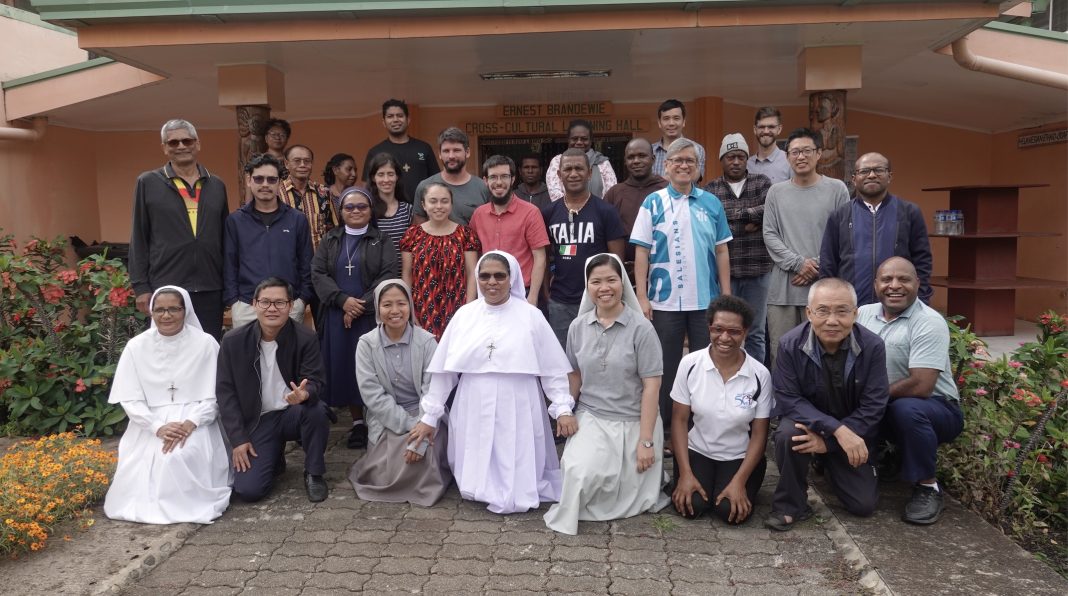Goroka, Papua New Guinea. The 56th Melanesian Cultural Orientation Course (COC) for missionaries was held at the Melanesian Institute, Goroka from the 8th to the 20th of January 2024. Among the 26 participants were three from Papua New Guinea and one from the Solomon Islands, six were from the Christian churches while the rest professed the Catholic Faith. The course dwelt on culture-related topics to assist Missionary work in Papua New Guinea and the Solomon Islands, with the theme: ‘Land of the Unexpected, cultures to be respected and faith to be uplifted’.
The different sessions were thematically arranged into three clusters. Mission and contextualization that dwelt on the missionary work from its distant past, the impact of the colonial contact up to the challenges of Christianity today. The focus of the course is to help missionaries understand and help the people. The first cluster of presentations dealt with Mission, manpower, multiculturalization, mercy, and money.
The second cluster dealt with Social Institutions and integration. It helped the participants understand the social web of relations and the social institutions, systems, struggles and difficulties that are present in Melanesia.
The final cluster dealt with social mobility and sustainability. It touched upon education, employment, development, the forces of the global market, and the opportunity for the grassroots to build on genuine sustainability.
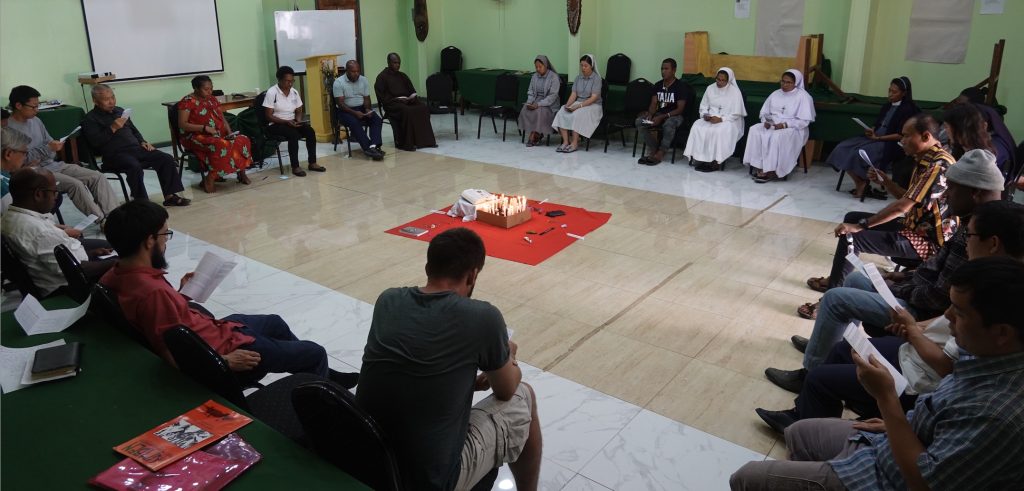
The program was filled with presentations, discussions, and films on the different topics. The presenters, experts in their fields, were from different corners of Papua New Guinea and shared examples as they explained the different topics. A cultural visit to the Assaro community gave the participants an opportunity to engage with the Mud Men and learn from the people, eager to share a brief insight into their culture.
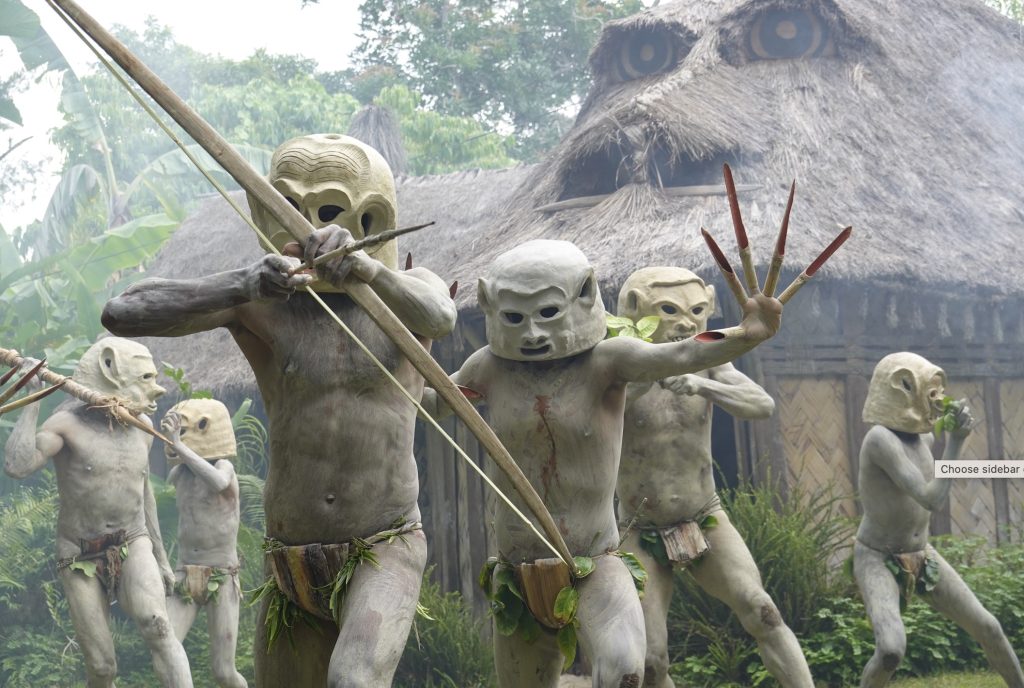
An atmosphere of learning, reflection and openness prevailed as participants engaged in sharing and discussion. “I realized that I am living in a country that is extremely complex with a mystical culture. Yet it is a country that is hungry for a good educational system and thirsty for the values of the Gospel”, said Sr Yen Hoai FMA, Vietnam. “I realize that God is calling me to understand, accept, adapt, integrate, and journey with the local people patiently and courageously. It’s a big challenge but also an opportunity to collaborate as a good missionary ad gentes”, she continued.
The participants were able to share their own experiences, clarify doubts, and were given pointers to deal with the situations they encountered. They were filled with diligence, energy, and enthusiasm and were involved in every aspect of the course. “The course has given me the opportunity to reflect on experiences in Solomon Islands and Papua New Guinea. It has made me realize that we are to sow the seeds of the Gospel and in God’s own time it will bear fruit”, said Fr Ambrose Pereira SDB, who has spent 15 years in Solomon Islands and 8 years in Papua New Guinea.
A commissioning was held on the 19th of January and each participant was invited to put into practice what they have learned and live their Christian faith amidst the Melanesian culture. The grand finale was an enjoyable cultural evening of music, song, and dance where every participant shared something about their own culture.
The Cultural Orientation Course was organized by Br Martin Tnines, SVD, MI Executive Director together with the staff of the institute and several guest speakers. The Melanesian Institute (1969) supports the different churches through research, in-service, publications, and culture-related courses to the benefit of missionaries in Papua New Guinea.
What the participants said about the course:
“The Melanesian course has been very useful for me as I realize that there are many similarities with my own culture”. – Br. Peter Le Hoang The Minh OFM, Vietnam.
“Through this MI course I have received a deeper appreciation and understanding of the culture and customs of the people of PNG. Thus, I will be able to better understand my people better and contribute to the development of PNG as I work as a Missionary”. – Sr Mini Joseph, MSMHC, India.
“My two weeks stay at the Melanesian Institute her been enlightening, transforming, informing, enriching and a discovery of “gutpela sindaun,” relaxed, at ease, at peace as the greatest value to be embraced by all. Secondly, It was a discovery of customs and culture and “why people do things the way they do!” It is a wake-up call for me and all missionaries from different multicultural backgrounds to blend well with Melanesian culture and embrace it with Synodality. It is a call to be in communion with the people, to be in touch with them, with a loving, listening and open heart, and participate with and in them in the mission of Christ.” – Friar Nicholas Muinde OFMCap, Kenya.
“The question-and-answer time, where national missionaries from all over PNG shared their personal experience on traditions, marriage, spirits, death, government, ctc was invaluable for giving a perspective on issues that were freely and openly discussed” – Reuben Henriquez, USA, SIL
“It is a big challenge for us missionaries to retain what is good and change what is not according to Gospel values. The MI course has helped me to understand the culture and be effective in ministry. While there are many things to learn, the basic attitude is to be open and patient with the people. Our contribution is small, but like the parable of the mustard seed and the yeast it will grow”. – Fr Gregorio Bicomong SDB, Philippines.
There are so many cultures in one country. The Melanesian Institute is a great place to learn about them and ask questions. The variety of teachings gives us an overview that will help us in our dealings with the people” – Nicky and Lydie Tschanz, Switzerland, SIL
“Education of the people is a necessary value to be promoted as a missionary. The two-week course at the Melanesian Institute, has enabled me realize that people can be educated to keep practices that are good and give up the ones that are burdensome. Being motivated, I will think of new ways to educate our young people”. – Sr Carmina Rhea Pajarillo FMA, Philippines
The MI course helped me understand some of the many cultural practices that exist in communities. Some practices are slowly eroding the cultural values of the people. This is also affecting the economic status of PNG. The people who are formally employed are depending on the informal sector. This is a growing reality – Br Thomas Yapo FSC, Papua New Guinea.
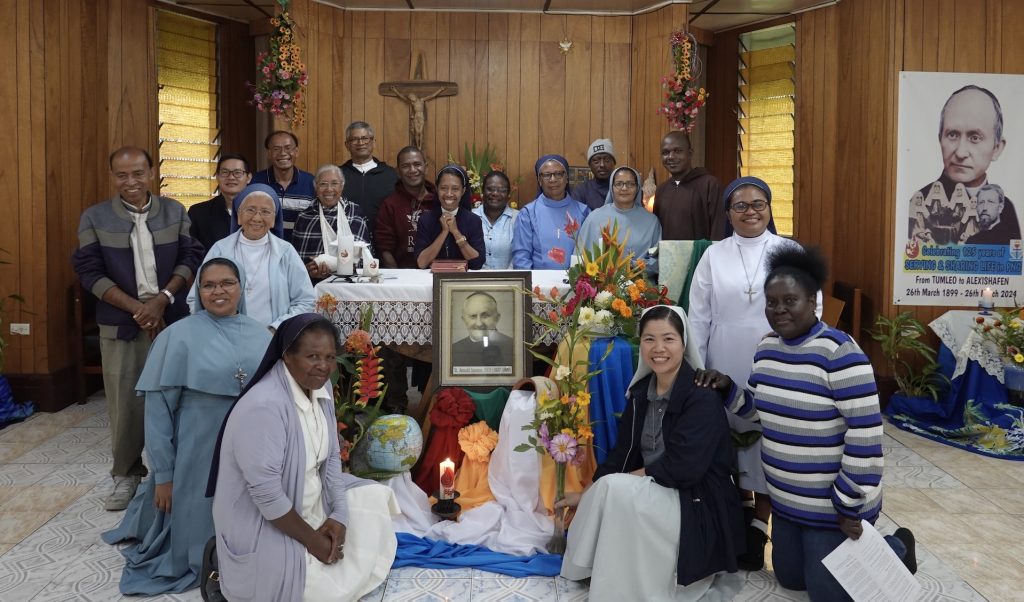
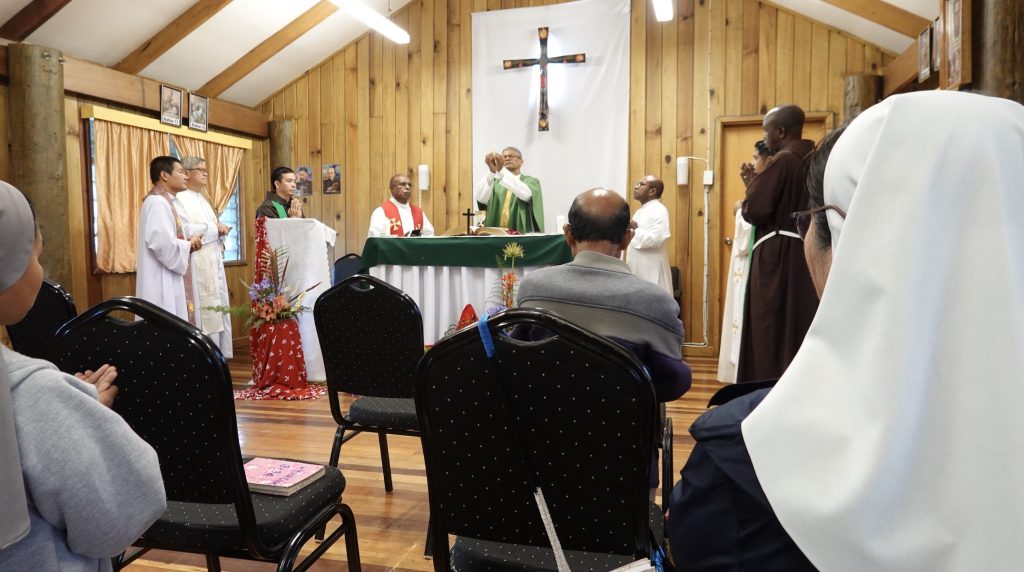
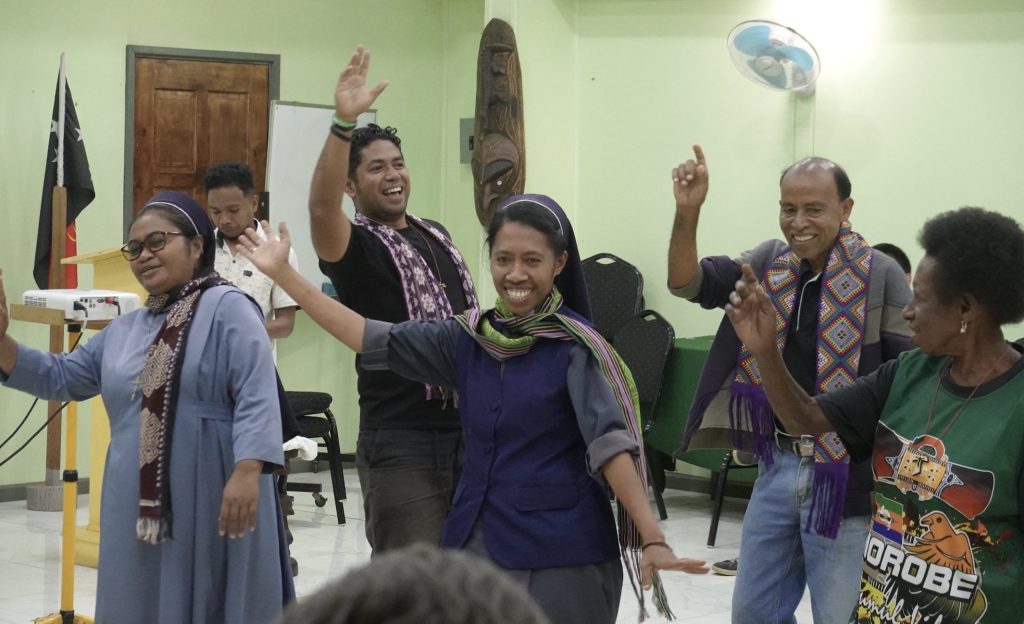
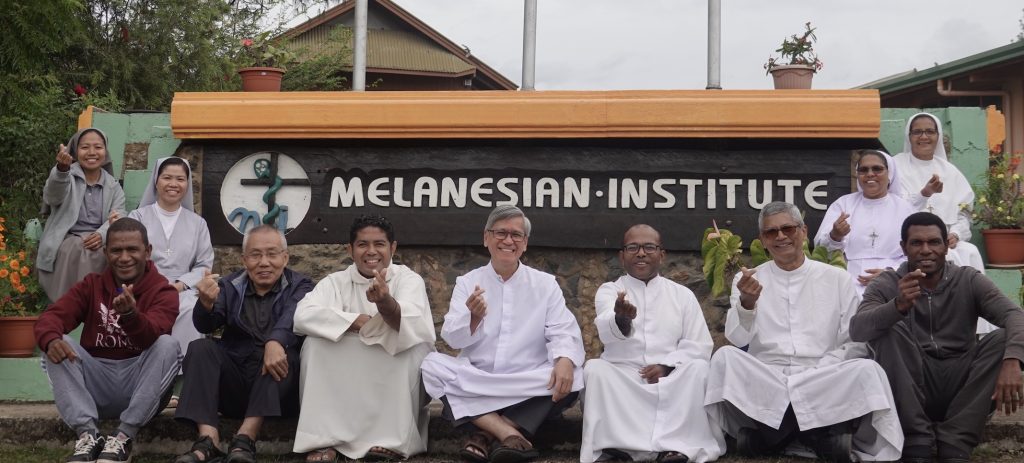
Article by Fr Ambrose Pereira, SDB, Secretary for Social Communications from the Catholic Bishops Conference of Papua New Guinea and Solomon Islands


